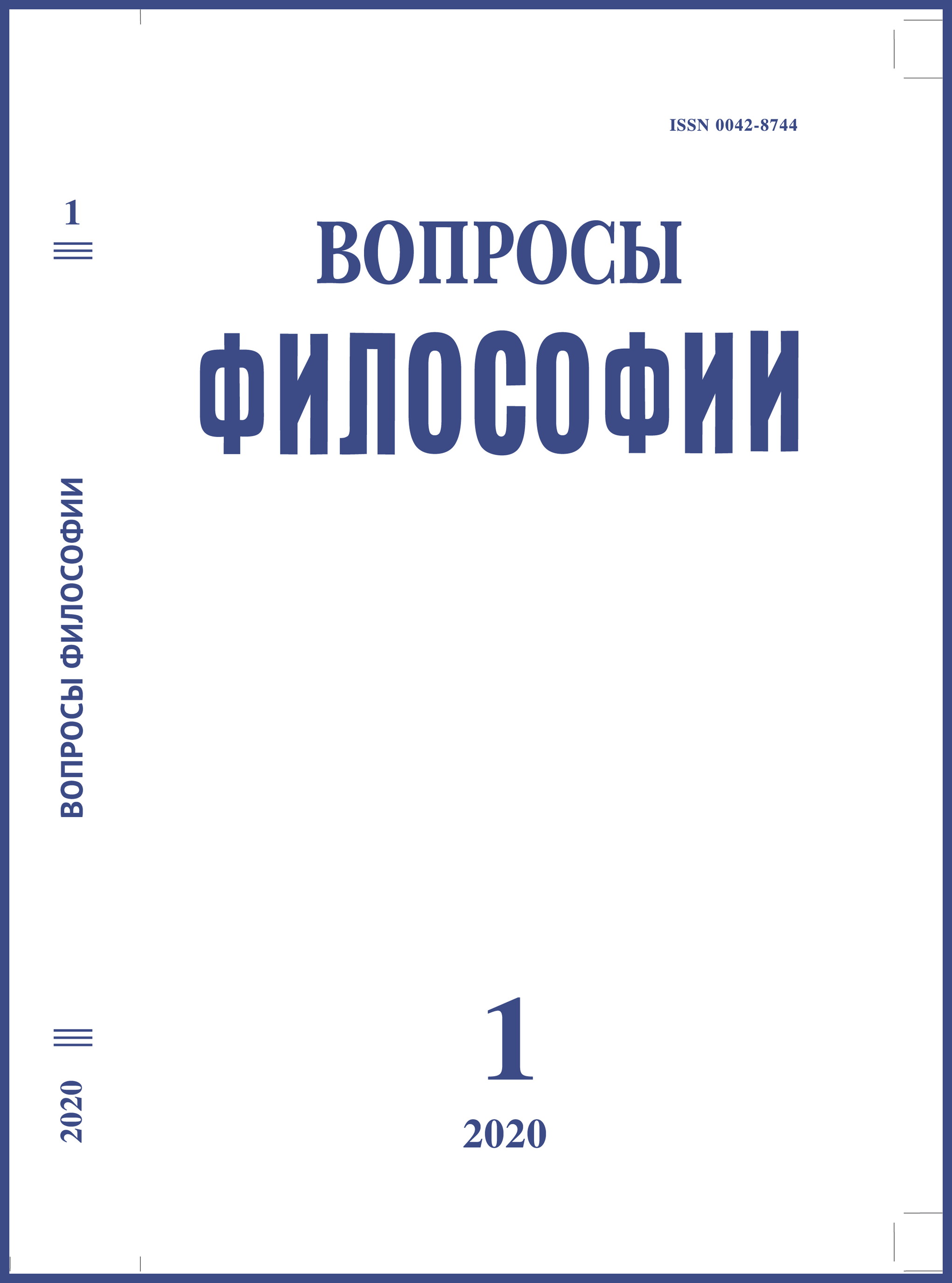Human Power in Konjaku monogatari-shū
DOI:
https://doi.org/10.21146/0042-8744-2020-1-156-167Keywords:
setsuwa tales, Konjaku monogatari-shū, retribution, powerAbstract
Amongst Japanese medieval collections of didactic tales setsuwa Konjaku monogatari-shū (Tales of Times Now Past, 1120th) is the largest one. This paper discusses maki 23 of this setsuwa collection, which deals with tales about unordinary human powers. At the same time author speculates that there may be various interpretation of what the “power” is in the capacity of this maki subject matter. On the one hand, there are some tales about extraordinary strength of
body. Warriors, sumo champions, noblemen, women, old monks – all these different people may be characters of the didactic tales about strength. But even fundamentally mythological stories received a new meaning and interpretation
through the lens of Buddhist idea of retribution. Within this framework superhuman capabilities are not the “miracle” in the strict sense but the result of accumulation of merciful deeds in previous life. On the other hand, there are tales
about something we can call inner strength – the power of human spirit. Bravery, self-possession, foresight, savoir vivre and proper attitude towards people also became the object of interest for compiler of Konjaku. Altogether, multifarious
stories, connected by multiple ways with complex interdependencies, become organized in the whole of maki, with the core idea of retribution. Tales about power in this case were for compiler the way to demonstrate that the principle of
causes and effects can be actualized in this manner too. Hereby it’s possible to consider maki 23 as a component in elaboration of Buddhist world depicted in Konjaku.

